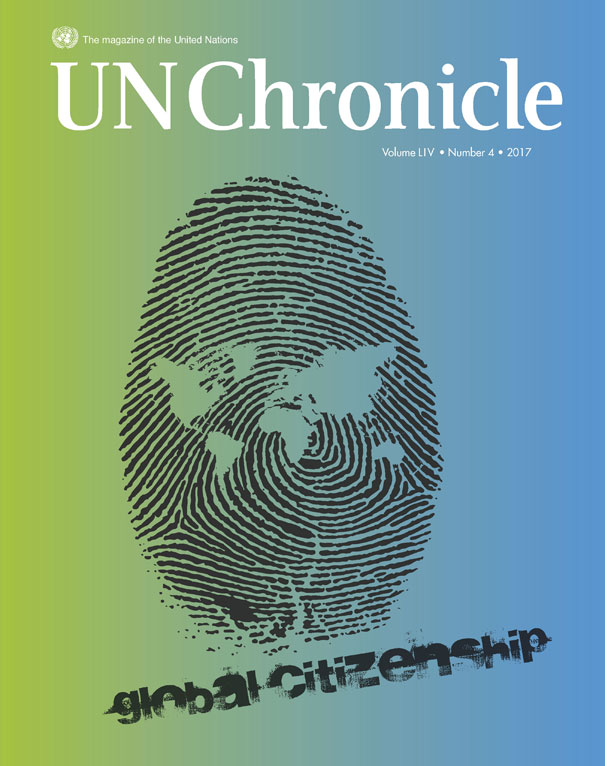
Global Citizenship
No. 4 Vol. LIV 2017This issue focuses on global citizenship, which has been defined as the concept that one’s identity transcends, even as it respects, geographical and national borders, and that our social, political, environmental and economic actions occur in an interconnected world. The articles examine, among other things, the nexus between reducing inequality and global citizenship, safeguarding cultural and linguistic diversity, and the rights and responsibilities derived from being a global citizen.
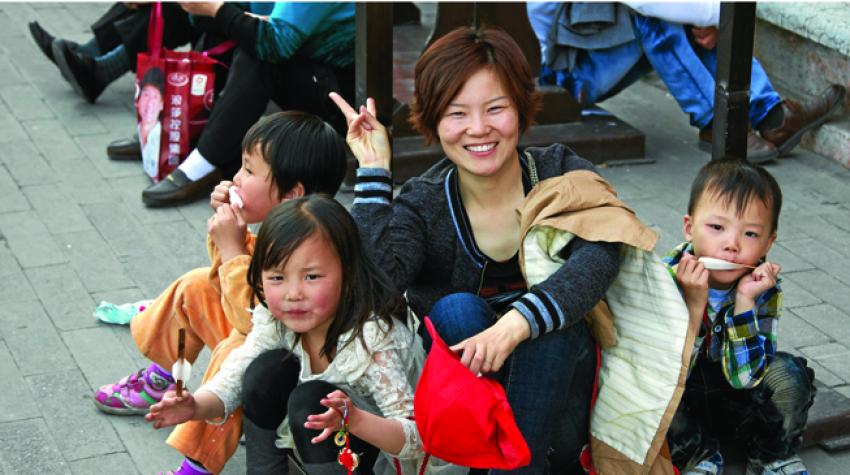
Global Citizenship: Imagined Destiny or Improbable Dream
The ideals of global citizenship encompass the notion of a culture of peace and non-violence, and can be fostered at home and in school by linking the news, literature and popular music to discussions of everyday and historical topics, by teaching respectful critical thinking and expression, and by emphasizing compassion and cooperation in the face of multiple forces which give priority to competition.

Safeguarding Cultural and Linguistic Diversity in the Context of Global Citizenship
For development to be truly sustainable, language and culture must be granted full attention to address these mounting anxieties and search for belonging, which are core elements of sustainability.
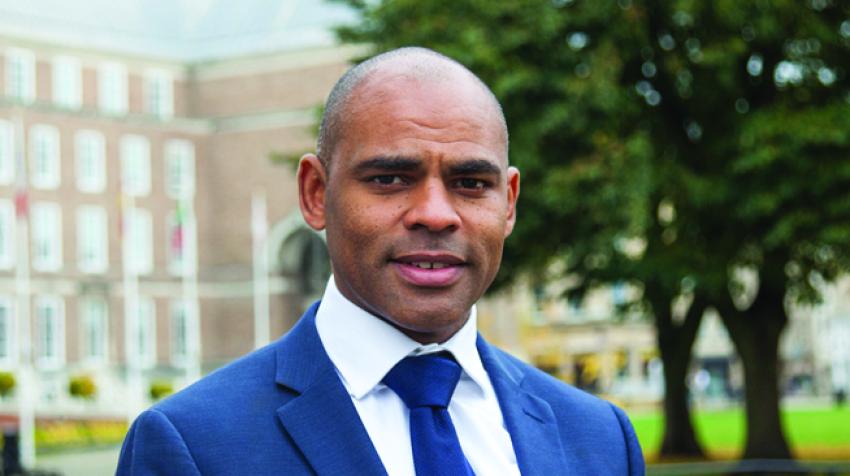
At the Nexus between Reducing Inequality and Realizing Global Citizenship
Linking to cities around the world and learning how we best approach the challenges of urbanization, such as housing, transport and social care, will help us to improve our own delivery. We can avoid repeating mistakes others have made, and can apply their learning in our own neighbourhoods, while standing ready to share our own.
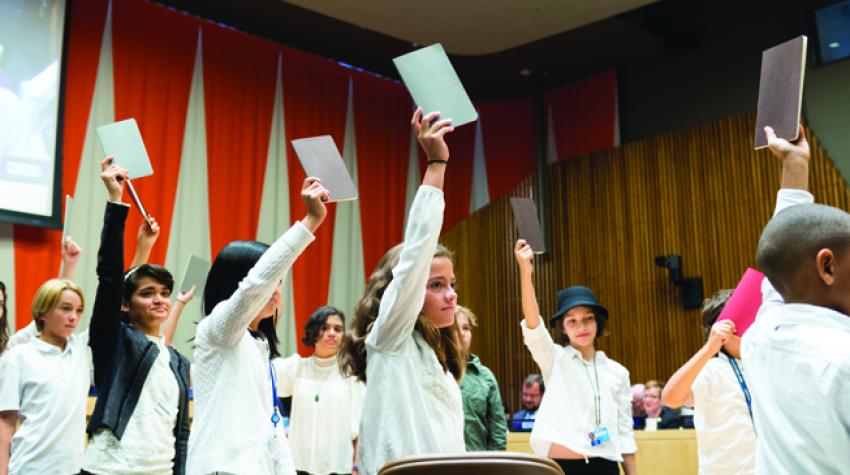
Young People's Civic and Political Engagement and Global Citizenship
Educational effects are further amplified if schools adopt a competence-based curriculum in which the competences required for civic and political engagement are targeted. Such a curriculum aims to enhance not only students' knowledge and skills, but also their values, attitudes and critical thinking, so that they are empowered to act as autonomous agents capable of pursuing civic and political action effectively.
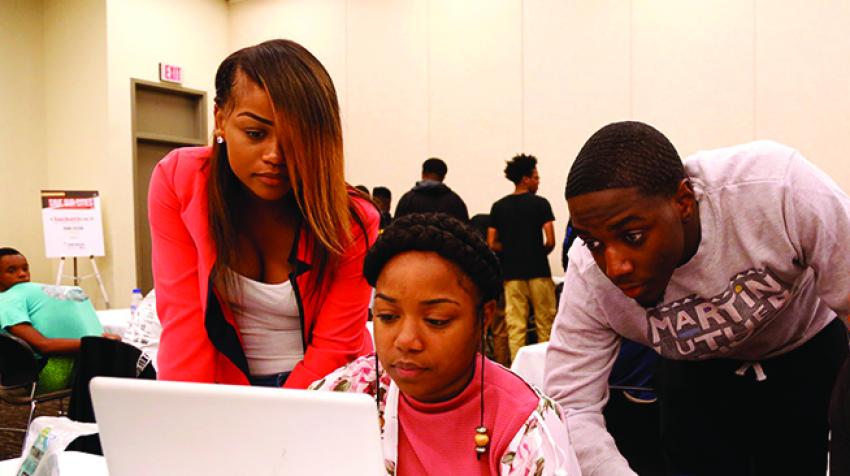
Until We Resolve Our Racially Unjust Incarceration System, We Cannot Be at Peace
Earlier this year the National Urban League introduced our Main Street Marshall Plan: From Poverty to Prosperity—a detailed blueprint for economic development and institutional reform designed to transform impoverished neighbourhoods and structural inequities in America
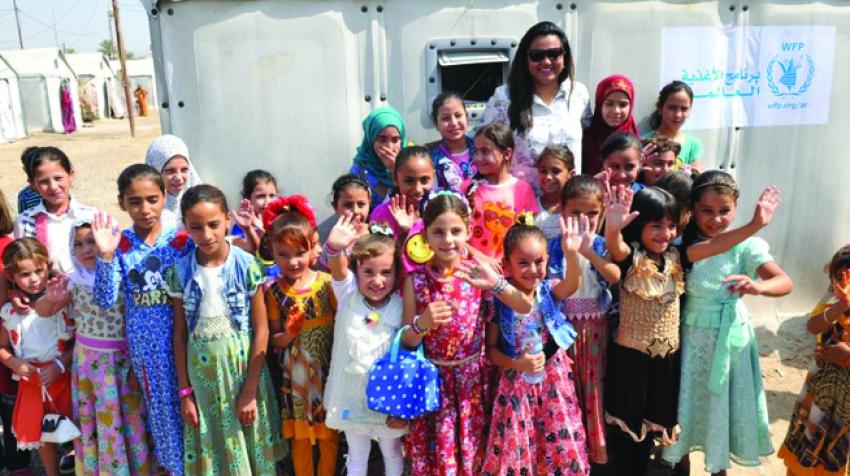
Youth Lead the Way to a More Connected and Sustainable World
In bringing people together from different backgrounds, the Internet and social media are becoming instrumental thanks to the opportunities for connectivity and reach that they enable. Since youth are at the forefront of the use of technology, they are the best equipped generation and our best asset to lead this task and promote global citizenship around the world.

The Islands in Our Minds: Reaffirming Global Citizenship Education
We have arrived at a point when educators need to reflect on their role as global citizenship advocates and facilitators. A conscientious introspection can help us to determine if there are any insular viewpoints or “islands” in our own minds that need to be addressed for us to become efficient global educators and to effectively transform today’s students.
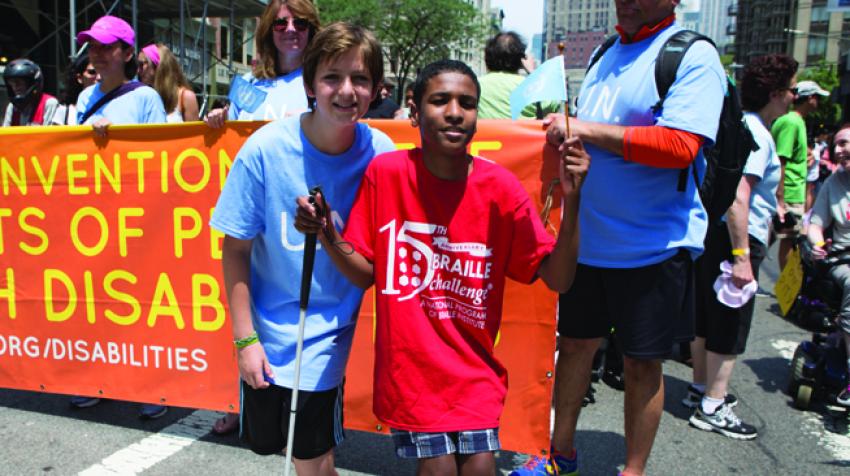
Breaking Barriers for Persons with Disabilities and Realizing Global Citizenship
As a first step, we need to disavow low expectations for people with disabilities. We must treat them as smart, talented, productive individuals who have as much to contribute to the workforce as anyone else.

Foreword
In this issue of the UN Chronicle, we have invited a number of distinguished contributors to share with us their perspectives on what global citizenship is and how this concept can be translated into solutions to global challenges and concerns. We would also like to know, what does global citizenship mean to you? Tweet your answer to us @_UNChronicle, and it could be one of the select responses that we will share on social media.
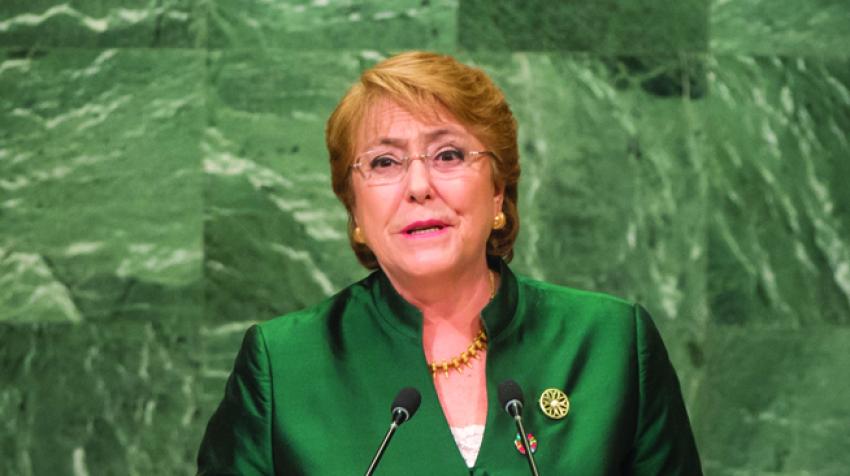
Global Citizenship: A New and Vital Force
Global citizens act without limits or geographical distinctions and they do so outside the traditional spheres of power. Their goal is to defend human dignity and to promote social accountability and international solidarity, in which tolerance, inclusion and recognition of diversity occupy pride of place in word and deed, reflecting the multiplicity of actors involved in the actions of global citizenship.
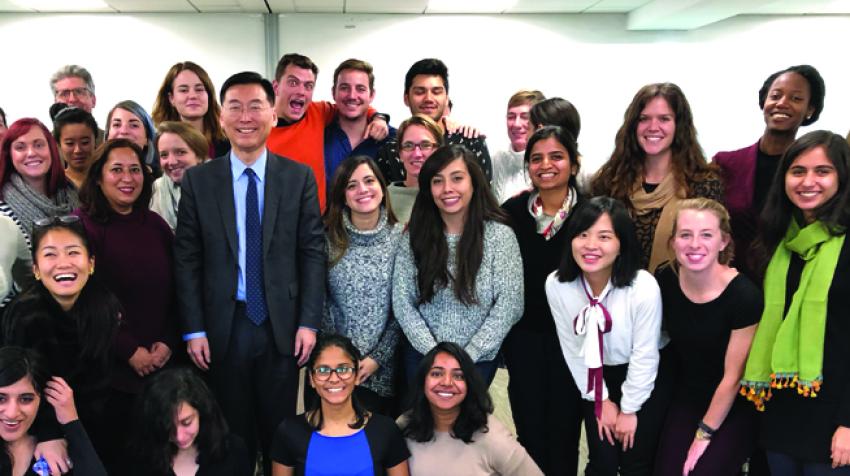
Multilateral Diplomacy and Global Citizenship
The international community should discuss how global citizenship education on can be inclusive and respectful, universal in its principles and local in its impact, and how it can equip all learners with the capacities and qualities necessary to address the complex problems facing humanity today.
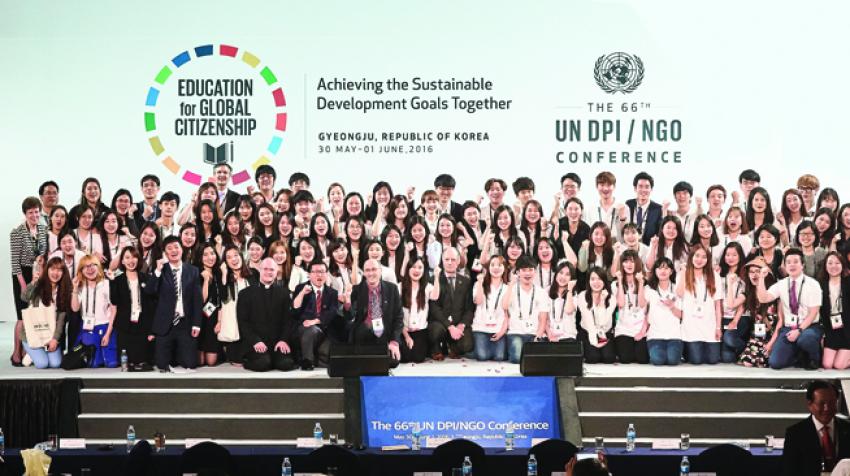
The Role of Civil Society in Advancing Global Citizenship
It is the responsibility of civil society to experiment with models of effective global citizenship, to understand, care and act on behalf of people and the planet through ecological and socially inclusive principles and practices. Global citizenship is transforming the worlds of art, business, culture, education, human and labour rights, religion, public health, politics and our relationship with nature.
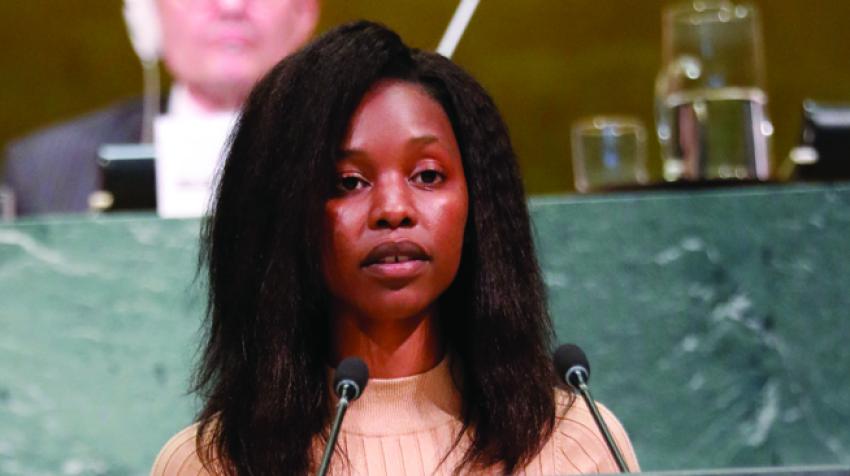
Multilingualism and Global Citizenship
Finding ways to build bridges between our diverse cultures, transcend borders and connect nations and peoples, while showing respect and appreciation for their unique differences, may sound like a tall order that many believe has little chance for success.
